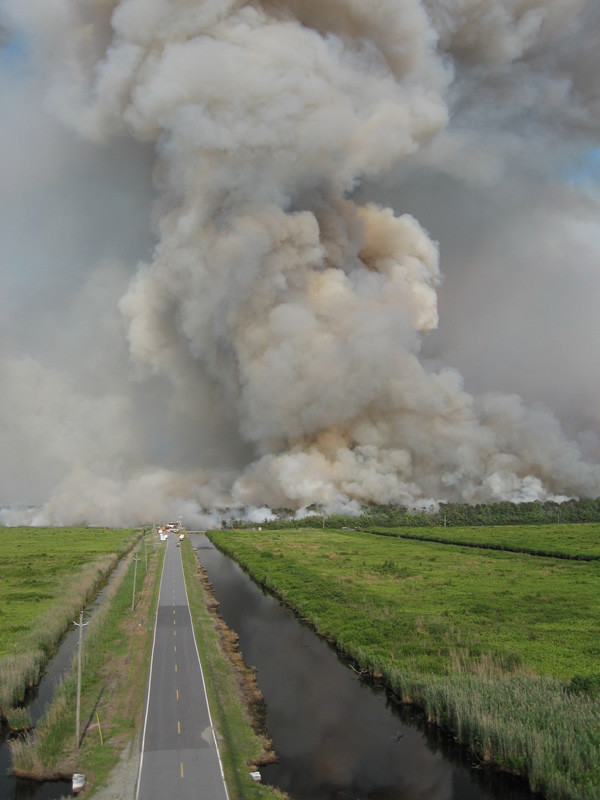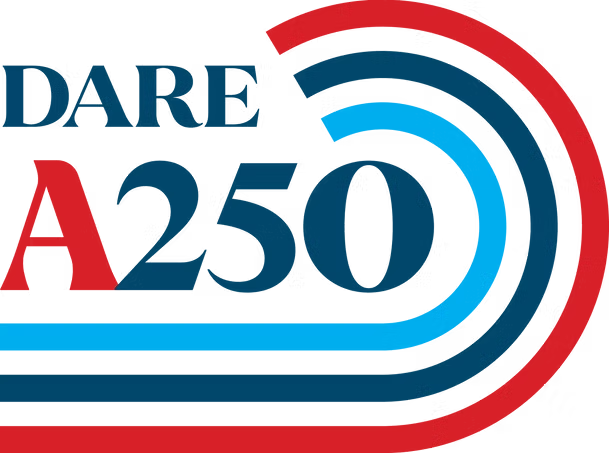This story has been updated to reflect Cape Fear Public Utility Authority and Onslow Water and Sewer Authority’s announcements.
The lack of rain and influx of summer visitors has public water suppliers along North Carolina’s southern coast urging folks to limit use.
Supporter Spotlight
Demand for water over the Memorial Day weekend exceeded 90% of Brunswick County’s available production and distribution capacity. County officials said drought conditions were expected to continue as water demands rise with the arrival of vacationers at Brunswick County beaches.
Also, Pender County officials have declared a water shortage emergency and system pressure advisory in the eastern part of that county.
“This impacts Pender County Utilities (PCU) customers in Hampstead, Scotts Hill, and areas south of 7390 NC 210 in the far eastern and southern portions of Rocky Point, east of the Northeast Cape Fear River,” Kenny Keel, Pender County Utilities director, said in a statement.
Randell Woodruff, Pender County manager, said staff had been working on options to maintain and keep up with the growth in population but dry conditions and heat and widespread irrigation had created a shortage.
“We have been in negotiations for an interconnection with another water system, as well as the potential construction of a water treatment plant on the east side of the county,” said Pender County Commissioner David Williams in a statement.
Supporter Spotlight
The county has not instituted its drought surcharge of 1.5 times the normal water rate for the current shortage, officials said.
PCU consumers are advised to boil all water used for human consumption – including drinking, making ice, brushing teeth, washing dishes and food preparation – or use bottled water. Vigorous boiling for one minute should kill any disease-causing organisms that may be present in the water due to low pressure.
Cape Fear Public Utility Authority expanded its Stage 1 Water Conservation Advisory for all customers, effective Saturday until further notice, the authority announced Saturday in a release.
While emergency wells have been added to increase capacity, the CFPUA-wide water restrictions are to help ensure water is available for customers and for essential services such as fire protection.
“We’ve taken what steps we can at this point to try to keep up with the unprecedented demand for water we’ve been experiencing over the last week,” said CFPUA Executive Director Jim Flechtner said in a statement. “Calls for voluntary conservation have not been adequate to curb usage, particularly for landscape irrigation, and current weather forecasts don’t call for significant rain anytime soon. If we all follow the mandatory restrictions outlined in Stage 1, that should help dial back demand to the point where we won’t have to contemplate even stricter measures.”
A Stage 1 Advisory includes several restrictions on irrigation. Even house numbers can irrigate on Mondays, Thursdays and Saturdays and odd house numbers on Tuesdays, Fridays, and Sundays. On permitted days, installed sprinkler systems may be operated from midnight to 6 a.m. and hose-end sprinklers from 6-10 a.m.
Onslow Water and Sewer Authority said Wednesday that demand for water topped 13.5 million gallons on Memorial Day. By comparison, average water demand in May 2018 was 8.6 million gallons and May 2019 was 10.4 million gallons. The high demand coupled with rainfall amounts below normal since January prompted ONWASA to urge conservation measures.
ONWASA said it is using all its wells, pumps and production plants at full capacity and have so far met demand, but some areas had reported reduced pressure.
By Monday evening, ONWASA’s stored water had fallen from 16.1 million gallons to 6.3 million gallons with no major water main breaks or equipment failures. “The drop is simply due to high customer demand” ONWASA said in a statement, adding that six high-capacity wells were under construction with plans for larger main trunk lines. The additional capacity will not be available this summer, however.
How to Conserve
Anyone served by public utilities or town systems is asked to limit irrigation, laundry and dishwashing and other nonessential water usage. A Stage 1 Water Conservation Alert is in effect.
All customers of a public water system anywhere in Brunswick County are affected by Water Conservation Alerts, but officials noted that there’s no problem with water quality.
Brunswick County Public Utilities provides water service in unincorporated portions of Brunswick County as well as the following communities: Boiling Spring Lakes, Bolivia, Calabash, Carolina Shores, Caswell Beach, Sandy Creek, St. James, Sunset Beach, and Varnamtown.
Customers of other utilities such as Bald Head Island, Brunswick Regional – H2GO (Belville), Holden Beach, Leland, Navassa, Northwest, Oak Island, Ocean Isle Beach, Shallotte and Southport are under the same restrictions since these utilities receive their water from Brunswick County Public Utilities.
Under a Stage 1 Water Alert, water system customers are requested to make voluntary adjustments to their water usage habits to appreciably reduce peak demands. A peak demand of 80% of system production and distribution capacity is the county’s goal.
Irrigation demands represent the bulk of nonessential water use, so a primary way that customers may reduce water usage is to limit irrigation. County officials also asked residents to use the following irrigation schedule to even out system demands:
- Odd address numbers on Tuesday, Thursday and Saturday.
- Even address numbers on Wednesday, Friday and Sunday.
- No irrigation on Mondays.
The county offered the following ways to reduce water usage:
- Defer all nonessential water use to outside the peak demand hours of 5 a.m. to 11 a.m, preferably after dark.
- Don’t overwater your yard. One inch of water per week in the summer will keep most types of grass healthy. To determine how long you need to run your sprinkler to provide 1 inch of water, place straight edged cans at different distances from your sprinkler and time how long it takes to fill an average of 1 inch of water in each can. Water occasionally, but deeply to encourage deeper rooting that makes grass more drought and heat tolerant.
- Install rain shut-off devices on automatic sprinkler systems.
- Don’t water pavement and impervious surfaces.
- Limit the use of clothes washers and dishwashers and when used, operate fully loaded and outside of the peak demand hours.
- Limit vehicle washing or use commercial car washes that recycle water.
- Use shower for bathing rather than bathtub and limit shower to no more than five minutes.
- Inspect and repair all faulty and defective parts of faucets and toilets. Pay attention to dripping sounds.
- Do not leave faucets running while shaving, brushing teeth, rinsing or preparing food.
- Do not wash down outside areas such as sidewalks, driveways and patios.
- Install water-saving showerheads and other water conservation devices.
- Install water-saving devices in toilets such as early closing flappers.
- Limit hours of water-cooled air conditioners.
- Keep drinking water in a container in the refrigerator instead of running water from a faucet until it is cool.
- Do not fill new or empty swimming or wading pools. Top off existing swimming pools from dusk until dawn. Cover pool and spas when not in use to prevent evaporation.
Private groundwater wells or those using highly treated reclaimed wastewater are not affected by the conservation measures.
For more information, residents should contact their water service provider directly or Brunswick County Public Utilities at 910-253-2657.







